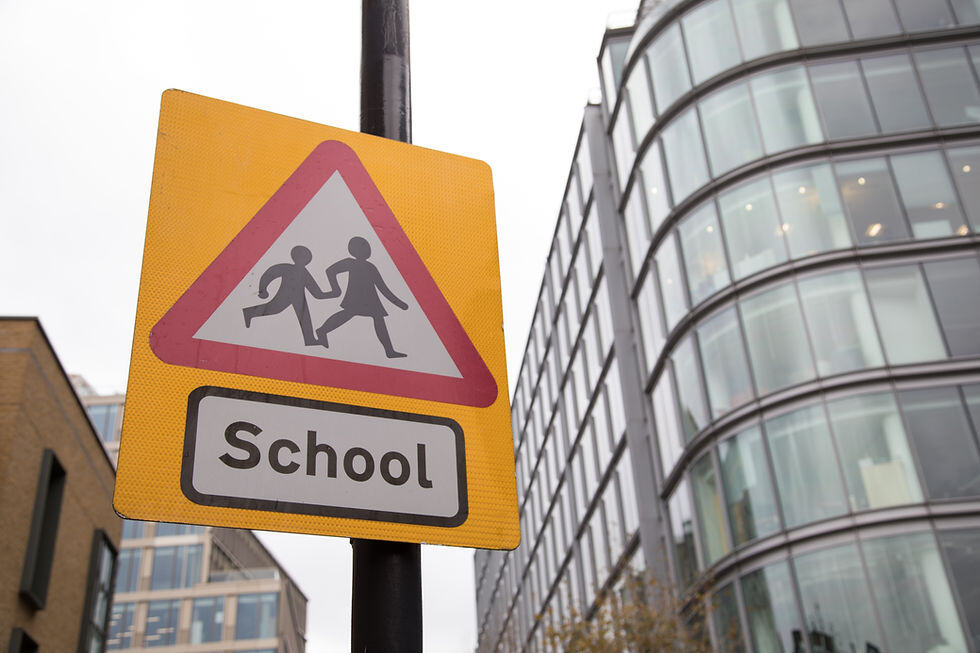Why are kids protesting toilet rules?
Teens shed light on the latest school toilet protests
Over the past year we’ve seen teen activism come to life across the globe.
Most recently in the UK, teens have responded to new toilet policies implemented in several high schools. Rules have included a ban on toilet breaks during lessons, a ‘red card’ scheme for students on their periods, and detentions for those going to the toilet too much during class time.
Some of the press coverage on this has been negative, labelling teens as ‘violent’, ‘dangerous’ and ‘ludicrous’. But we know these articles have been written by adults for adults. So, to truly understand what went down, we spoke to our Beano Brain Trendspotters teen panel to get the full picture, and here’s what they had to say...
Hear us out!
Teens want to feel valued and heard, but instead they feel humiliated and belittled.
Rather than being treated like ‘kids’, teens want to feel respected by adults and teachers – they see this as a reciprocal relationship. By not being part of the conversation and decision-making on topics that affect them and their everyday lives, their trust and relations with teachers, schools and systems have been damaged.
“I think, since they expect us to act like young adults and represent the school well, they should give us some dignity and freedom." - Fayha, 15
"Students have learnt how powerful and effective protests are on getting something that you want which is why they do it." - Cody, 15
These are OUR rights
Teens are ready to stand up and take action when they feel something is fundamentally wrong or doesn’t align with their beliefs and values.
From their POV, the toilet rules are a breach of basic human rights. And teens won’t just protest about their own lived experiences; they’ll also rally for a cause in support of someone else. This collectivist mindset is what’s driving teens’ reaction to schools, fueling their frustration and allowing for mass gatherings.
“Students have had to beg and plead with teachers just to fulfil a basic human need which shouldn’t be the case when someone actually needs the toilet.” - Maya, 15
“If you go to the toilet, you're only allowed to go for 2 minutes, and you'll be timed. This is so invasive- some people may need longer than some students, as the majority of students in my school struggle with mental health problems, may need to take a break, calm down, possibly could be having a panic attack.” - Fayha, 15
This is my passion
Social media is offering teens a place to claim the agency they want. They can participate in movements at their fingertips, find their #community, and most importantly speak out and be heard.
Despite some of the headlines coining teens activism as the ‘TikTok riots’, teens view this as a platform where they can develop their passions and express their political stances in creative ways.
“I personally have been added to a group chat which was made for a protest for girls to be able to wear skirts. It’s a good way to get everyone together.” - Cody, 15
“I saw videos of the protests on TikTok made by students who were involved in them. I think students are protesting because they think the rules at their school are unfair and that they shouldn’t be made to follow them.” - Rowan, 16
Ultimately, teen activism should be nurtured, not ignored. It has the potential to transform societies and systems. It’s important, as adults, that we carve out the space to allow teens to have their say and feel valued for doing so. Because let’s face it, this is a generation who will bear the brunt of the decision made today for tomorrow.
If you would like to hear more from our Beano Brain Trendspotters please get in touch to find out more.
